Keeping a sharp, focused mind is a critical component of staying healthy as you age. Not surprisingly, nature has given us some incredible herbs and spices that boost brain health, memory, and mental energy.
Many of these herbs have been used for centuries to promote the longevity of the mind and have now been “discovered” by scientific research. Some are so promising that they are going through clinical trials to test whether they may help with cognitive disorders like Alzheimer’s and dementia.
Here’s a look at why herbs and spices are such a key piece of maintaining a healthy brain and which natural brain boosters are the best.
Your Brain and the Aging Process
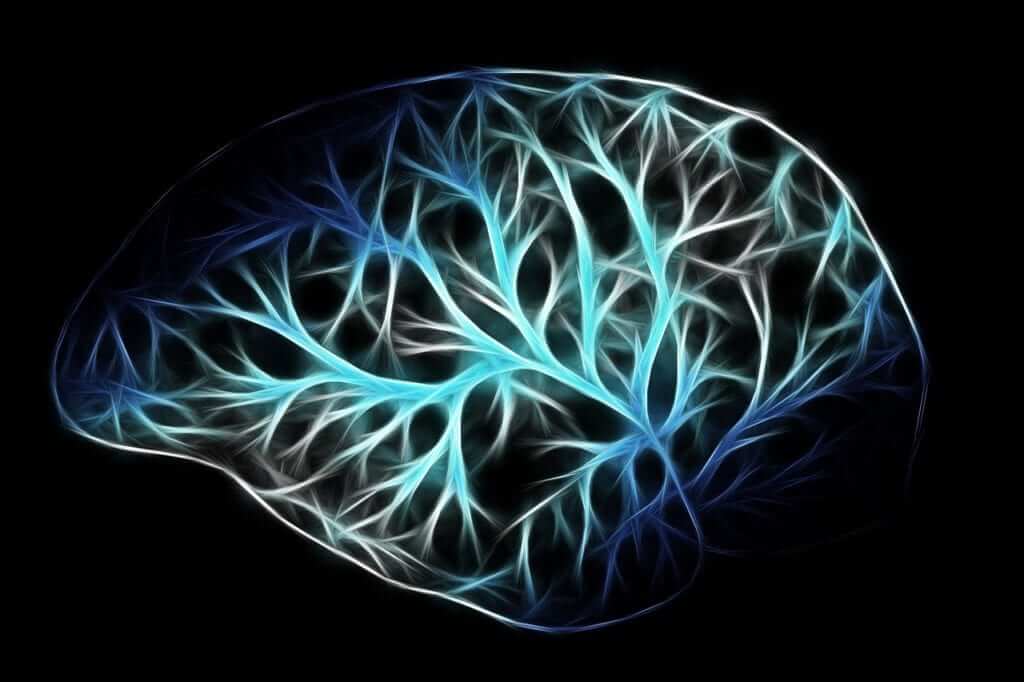
The aging process has an effect on your entire body. You can easily see some signs of aging (in your skin, for example), but the changes that take place in your brain are hidden from view.
One of the biggest changes that takes place over time is the physical shrinking of your brain. The prefrontal cortex is typically the most affected. This is the part of your brain involved in functions like decision-making, planning, and problem solving.
The hippocampus is also often affected by these physical changes. It has a major role in learning and memory, which accounts for losses in both of these areas that are associated with age.
Researchers still aren’t sure what the exact mechanism is that causes brain shrinkage. Neuronal cell death is one likely possibility, although changes in neurotransmitters like dopamine and serotonin also seem to be a factor.
In truth, the effect aging has on the brain still isn’t fully understood, although we know it happens. But there is some good news.
Research has also revealed that “biological aging is not tied absolutely to chronological aging,” meaning you can take steps to keep your brain youthful even as the number that keeps track of your age goes up.
Old Traditions and Modern Research
Eating a healthy diet, exercising, and lowering stress can all help to keep your mind in good shape. But herbs (and spices) have played a special role in protecting brain health since ancient times.
Holistic practices like Ayurveda and traditional Chinese medicine have placed a much greater emphasis on longevity than western health practices have.
Instead of simply treating the body when something goes wrong, these ancient systems regularly use herbs and other natural means to protect body and mind through the stressors that come with aging.
As usual, science is finally catching up to the wisdom of these ancient practices.
For example, one thing that is known about keeping the brain sharp and healthy is the importance of reducing oxidative stress. Oxidative stress comes from free radical damage and is believed to be a major cause of chronic disease, including neurodegenerative disorders.
To reduce the damage to your brain, frequently consuming antioxidants is critical.
There’s a wide range of excellent antioxidant foods you can be eating. But adding certain herbs and spices to your diet will give your mind an even greater boost.
Not only do they frequently have a greater concentration of antioxidants, they also contain specific antioxidants and compounds that act as brain boosters. Many of these herbs have been used for centuries and have recently “come to light” because of modern research.
Best Herbs and Spices to Boost Brain Health
Rosemary
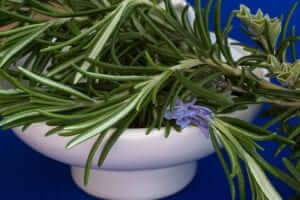
Rosemary has been associated with memory by none other than Shakespeare. It also has a long history of use as a “brain tonic,” especially for memory and focus.
Studies confirm that rosemary is very beneficial for your brain. Simply inhaling the fragrance of rosemary oil has been found to improve alertness, general cognitive function, and working memory. Research indicates it may have long-term effects on memory as well.
Consuming rosemary regularly, even in small amounts, has also been shown to aid memory in older adults.
Sage
Sage is considered a “sister herb” to rosemary and has similar brain-boosting effects. It shares several compounds with rosemary, including rosmarinic acid, that can improve brain function and potentially protect against neurodegenerative diseases.
Research shows that sage has a powerful antioxidant effect. It helps to protect your brain long-term and can also provide a more immediate boost to mental alertness and short-term memory.
Notably, sage also seems to inhibit an enzyme called acetylcholinesterase (AChE). This enzyme is responsible for breaking down an important neurotransmitter called acetylcholine. Inhibiting AChE helps enhance brain longevity!
Ginkgo Biloba

Ginkgo biloba is one of the premier herbs for brain health and one of the most well-researched. It’s thought to work in part by improving blood flow to the brain and boosting memory and overall cognitive function as a result.
Ginkgo extracts also contain powerful antioxidants with neuroprotective properties. The antioxidant activity combined with the improved blood flow can enhance neuroplasticity, which helps your brain to learn new things and recover from an injury.
Because of ginkgo’s powerful effects, it is undergoing research as a possible treatment for cognitive disorders. Although the results aren’t conclusive yet, it has already shown potential for slowing or improving cognitive symptoms of Alzheimer’s and dementia.
Bacopa
Bacopa monniera, also known as Brahmi, is a highly valued herb in Ayurvedic medicine. It is full of antioxidants and has strong neuroprotective properties, confirming its ancient use as an herb of longevity for the mind.
Rather than having just one specific action, bacopa can boost your brain in many ways. Studies have shown that it can improve memory, information processing time, focus, and attention. Other research indicates that it can also boost mental health and relieve mental stress.
Overall, bacopa is an excellent herb to keep your mind sharp through the aging process.
Turmeric
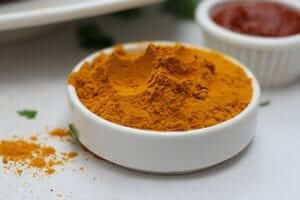
Turmeric is a great spice to consume regularly because it can decrease chronic inflammation in your body. Inflammation is a contributing factor to many diseases and isn’t good news for the overall health of your brain.
Besides decreasing inflammation in a general sense, curcumin (the active compound in turmeric) has been found to decrease beta amyloid in the brain. Beta amyloid is a protein fragment that can form Alzheimer-related plaques when it builds up.
One study found that participants who took a curcumin supplement for 4 weeks had better working memory, energy, and mood as well as reduced mental stress.
This is even more reason to regularly consume turmeric or try a curcumin supplement. (This Organixx turmeric supplement is excellent and utilizes a unique fermentation process for enhanced absorption of curcumin.)
Adaptogens
Adaptogens are a category of herbs that are especially beneficial for brain health.
They work in many ways within your body but can best be described as restoring balance and protecting against the harmful effects of stress (including oxidative stress). Taking them consistently can even positively affect the neurotransmitter system in your brain.
Ginseng is a popular adaptogen and has documented neuroprotective effects. It may also help to lower inflammation in the brain. Ginseng does have stimulating properties as well and can give you an immediate boost of mental energy and concentration. (It shouldn’t be taken at night for this reason.)
Rhodiola and ashwagandha are two other adaptogens that can boost brain function and memory, improve your mood, and fight mental fatigue. Ashwagandha has even shown potential for helping neurodegenerative diseases.
Eleuthero root (sometimes called Siberian ginseng) is especially helpful for alleviating mental fatigue. It can “recharge” your brain and also offers neuroprotective properties. (Like ginseng, it’s best not to take eleuthero at night.)
One key factor of using adaptogens as brain boosters is that most must be taken long-term to get the full effect. Many studies showing their effectiveness were conducted over a two or three month period, so keep that in mind if you want to try them.
Gotu Kola

Gotu kola (Centella asiatica) is another herb central to the health and longevity of the mind in Ayurveda and traditional Chinese medicine.
It has been found in many studies to boost overall brain function, especially working memory, mood, and alertness. Other research has documented its ability to fight oxidative stress, making it a protective herb against age-related cognitive decline.
Some preliminary research also indicates gotu kola may improve some symptoms of Alzheimer’s.
Medicinal Mushrooms
Though technically considered adaptogenic herbs, mushrooms deserve a space to themselves because of their incredible potential benefits for brain health.
You may not realize this, but mushrooms contain a range of plant compounds that are beneficial for your brain, including antioxidants. In fact, simply eating mushrooms each day may help prevent cognitive decline.
Medicinal mushrooms (chaga, reishi, cordyceps, etc.) are even more powerful than “regular” mushrooms. They contain special antioxidants and compounds that have neuroprotective properties and can boost brain function.
Lion’s mane is an especially excellent herb/mushroom for the mind. It contains two compounds (hericenones and erinacines) that actually stimulate the growth of brain cells. There’s even indication it may also protect against memory loss.
Because it can be hard to eat enough mushrooms each day to get their benefits (and because not all medicinal mushrooms taste good), the best way to get their brain-boosting effects is often with a high quality supplement like NeuroEffect from PaleoValley.
Peppermint
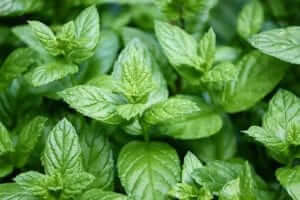
While many natural brain boosters do their best work over time, peppermint is an herb that can instantly boost your mental energy.
With its invigorating scent (mainly from its main compound, menthol), just inhaling the fragrance of peppermint can improve alertness, focus, and energy. It’s known to reduce both physical and mental fatigue and also acts as a mood-lifter.
Using peppermint essential oil even has a beneficial impact on memory, although the effects are mainly short-term.
Lemon Balm
As somewhat of a contrast to peppermint, lemon balm is frequently used to calm the mind. It has documented anti-stress properties and can ease anxiety. Research also indicates that it can improve memory and general cognitive function.
Though a seemingly mild herb, lemon balm has been found to increase levels of certain antioxidants in the body, including glutathione peroxidase. This gives it a powerful ability to protect your brain from oxidative stress.
Lemon balm has also shown a positive effect on cognitive function in Alzheimer’s patients in at least one trial. It is definitely an herb to protect the health of your brain, particularly through stressful times!
Cinnamon

Cinnamon has many health benefits, including antioxidant and anti-inflammatory properties.
Research on cinnamon and brain health isn’t extensive but one significant effect has been discovered: Extracts of Cinnamomum zeylanicum (true cinnamon) have been shown to inhibit tau aggregation.
This is important because tau aggregation is connected to the development of Alzheimer’s.
It’s also worth noting that the cinnamon extract inhibited tau aggregation without interfering with the normal function of tau. (Tau is a protein that plays a role in proper brain cell function.)
To top all that off, cinnamon may also improve your memory and boost your brain’s ability to learn.
Ginger
Ginger is another spice with potent anti-inflammatory properties. It contains the powerful antioxidant compound gingerol, which helps to protect your brain from oxidative stress. Some research suggests that ginger may also help fend off neurodegenerative diseases, most likely due to its antioxidant properties.
Green Tea
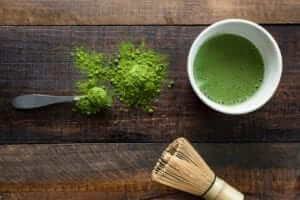
Green tea has many outstanding health properties and is especially beneficial for your brain. It contains a superpowered compound known as epigallocatechin-3-gallate (EGCG). EGCG is a strong antioxidant that can protect cells from oxidative stress.
Drinking green tea also gives your brain an immediate boost because of the caffeine content. Research shows that the caffeine in green tea combines with the amino acid L-theanine to significantly improve brain function.
Studies have also found that L-theanine balances caffeine in a way that gives you more stable energy and avoids the “caffeine crash.” All good reasons to drink green tea daily!
Boost & Protect Brain Health With Herbs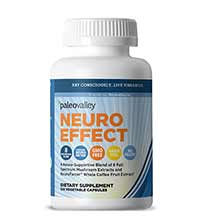
By now you can see just how powerful herbs and spices are when it comes to maintaining a healthy, youthful brain. They can boost mental energy, help clear brain fog, and protect brain cells from oxidative damage.
It can’t be understated how important it is to think about the health of your brain now. Don’t wait until something feels wrong or your mind slows down to take steps to keep it healthy. (Although, it’s never too late to make changes!)
As mentioned, one of the most potent antioxidant brain boosters you can take is medicinal mushrooms. They have outstanding properties for protecting cognitive function and also benefit your body in many other ways.
This is one of those cases where an excellent supplement like NeuroEffect from PaleoValley will give you the most benefit. It contains a concentrated source of eight different highly effective mushrooms, and it would be difficult for you to consume that amount daily in their whole form.
NeuroEffect stands out even more because it uses only naturally cultivated whole mushrooms. Many other mushroom supplements contain mycelium grown on grain, which can reduce their benefits.
Learn more about NeuroEffect and the difference it can make.
To sum it all up, frequently using the herbs and spices on this list and adding in one or two concentrated supplements can make a huge difference to your brain health. Best of all, it will help protect your brain as you continue to age, keeping it sharp for years to come!
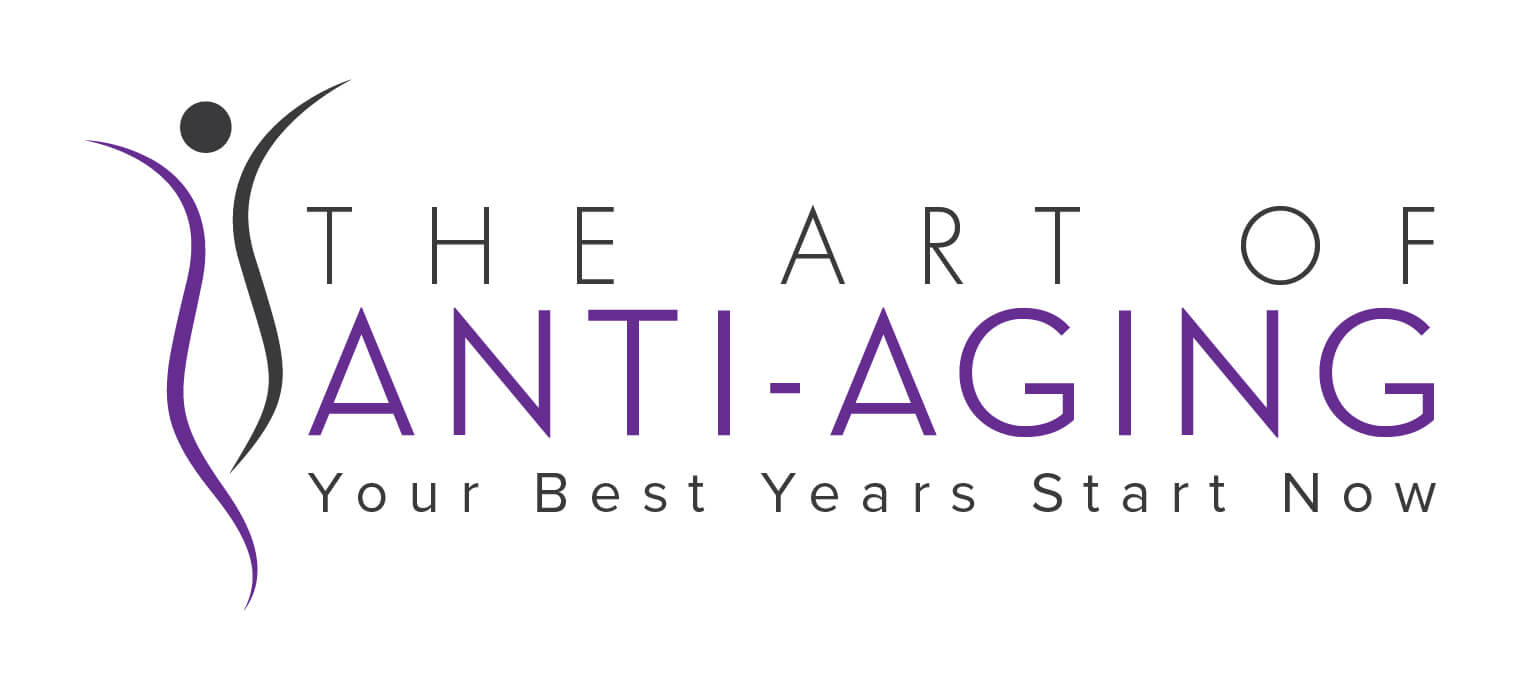


As always, very educational and helpful! Thank you Brian for sharing this valuable information.
THANK YOU !! GREAT LIST NATURAL PRODUCTS FOR BRAIN.
Thank you.
Thank you. Are these supplements available in Canada?
Muy importante la información, la naturaleza siempre trabaja para nosotros en salud y alimentos; pero nosotros bajo la comodidad de la píldora o la pastilla, hoy en día, las vacunas, quien sabe, de sus componentes. Quien nos habla de la inmunidad, que nos pone ante nuestros ojos la naturaleza; la química organizada por los imperios farmacéuticos de los grupos económicos, nos ofrecen toda clase productos, tratados químicamente, que en contacto a nuestro sistema de inmunidad natural la trastoca o la ataca, o destruye.
Very good news.
Very informative. I have taken some of these herbs. Highly recommended
Hi, thank you for your great information,really appreciate your expertise.
The real fear as we age in my view is the loss of mental capacity.
Parts of the body don’t work as well as they once did,one can still
live around that. But if the brain packs it in , really that’s the end of the game.
Thank you for providing useful information about herbs.
Thank you Brian for your great blog. It will help us oldies so much. Kind regards.
Thank you!
Thanks Brian, It’s nice to know there are still people in the world willing to give freely of their knowledge.
Very timely. Thank you so much!
very informative – many thanks
Again you have outdone yourself. So you get another thanks from me. I enjoy your wealth of information & try to add all of your info into my life. I want my body & mind to last & be the best
as it can be.
Thank you very much for this very helpful information.
thanx
My guess is that glycation is the culprit. We must know the enemy if we are to slay it.
Thanks very much,very helpful.